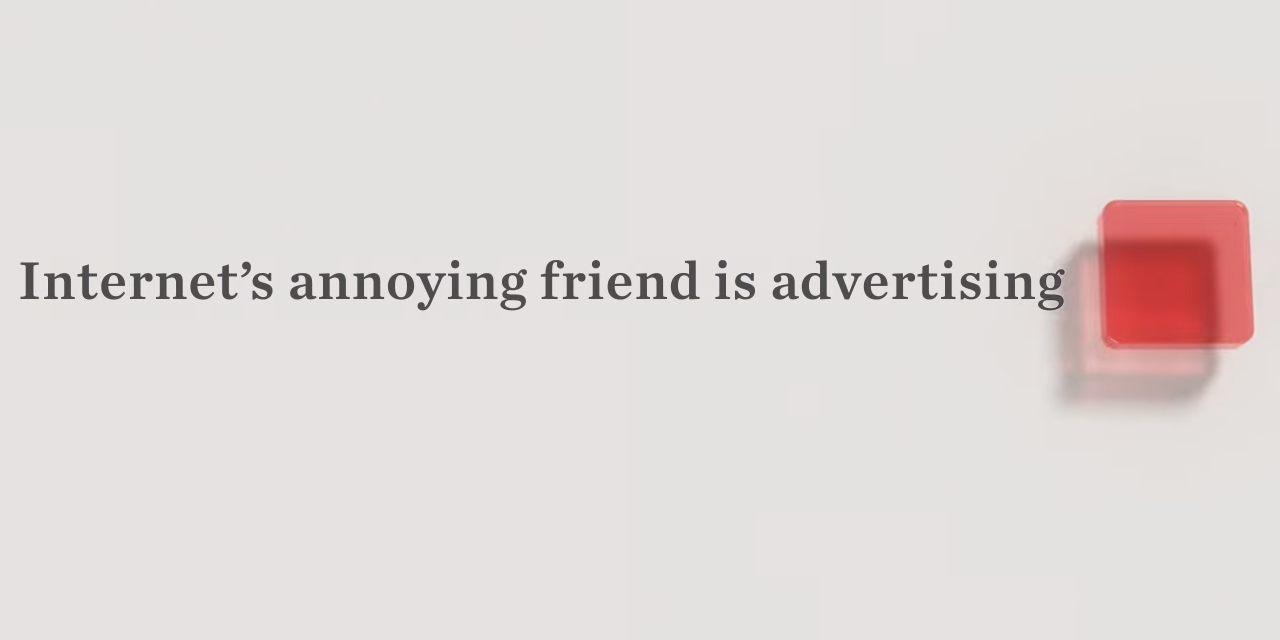One of the internet’s most widely used ad blockers is now looking to compensate publishers, but the industry is struggling to believe they have its best interests in mind.
Adblock Plus, an ad blocking tool with a reported half a billion users, recently partnered with Flattr, a micropayments startup, to create Flattr Plus. The new tool will give users of the ad blocking software the ability to compensate publishers of their most visited sites via micropayments.
While not all users will be willing to pony up for content they currently get for free, Adblock Plus announced its intention to raise half a billion dollars for publishers in 2017, a goal they plan to reach by getting 10 million users to set up monthly contributions that average $5.
Flattr Plus also intends to keep 10% of the proceeds.
“It’s an attempt to generate revenues for publishers,” said Mark Addison, the minister of special affairs for Adblock Plus. “We still believe in advertising; that’s why we’re working so hard to fix it, but advertising doesn’t work for everybody, so we’re looking for other ways to help the ecosystem.”
Flattr Plus is far from the first product that seeks to block ads while compensating publishers, but Addison believes that combining Adblock Plus’ critical mass with Flattr’s proprietary technology puts it in a position to succeed where others have failed.
“We will succeed because the technology is frictionless, and because we can bring scale,” he said. “That’s why we’re going to succeed where others haven’t.”
Related
• Ad Blocking: Who to blame and how to fix it
• Ad blocking blamed for 30% decline in Canadian ad traffic
The prospect of Flattr Plus succeeding, however, already has some advertising veterans concerned. Randall Rothenberg, the president and CEO of the Internet Advertising Bureau, criticized the fact that Flattr’s cofounder Peter Sunde was one of the creators of the controversial content pirating website The Pirate Bay. Last week, he tweeted “desperate ad-blockers team up with illegal content thieves” along with a link to a Wall Street Journal article about Flattr Plus.
“We’re sitting quite pretty with our half a billion downloads, we’re in the driver’s seat at this point; Randal is the one who’s desperate,” said Addison. “A lot of people fail to realize that Randal and the IAB and his constituents are the ones who created this problem in the first place, and now they want to paint us as the bad guys. We’re actually the good guys, we’re trying to help out.”
Addison argues that the practices of the advertising industry ultimately lead millions to turn to ad blockers in the first place. While many ad blockers have no interest in finding a way to compensate publishers, Adblock Plus, through its partnership with Flattr, is trying to convert its users back into paying surfers of the World Wide Web, he said.
Representatives of the Canadian online ad industry, however, aren’t buying that version of events.
“They’re sugar-coating the narrative to make it look like this is such a wonderful thing for them to do,” said Sonia Carreno, the president of IAB Canada. “It’s still extortion; they’re still doing harm to the publisher community and the free web.”
While Carreno has many objections to the way in which Adblock Plus operates, her main criticism of Flattr Plus is the company’s lack of communication with the publishing industry they claim to be trying to help.
“If you’re going to create a solution, then sit at the table with this industry as a real player,” she said. “Create a service and allow the publishers to decide whether or not they want to use it. Don’t try to create a whole new economy that dis-intermediates them and basically acts as a parasite to their content and their hard work.”
Carreno also said it would be difficult for the publisher community to work with a company like Adblock Plus given the damaging impact ad blocking has had on online publishers and advertisers.
“To me it’s an ethical issue, and [Flattr Plus] does not abolish everything [Adblock Plus] has done in the past,” she said. “This is not the remedy. The remedy would be to stop interfering with publisher relationships with their consumers.”
The first demonstration of Flattr Plus











